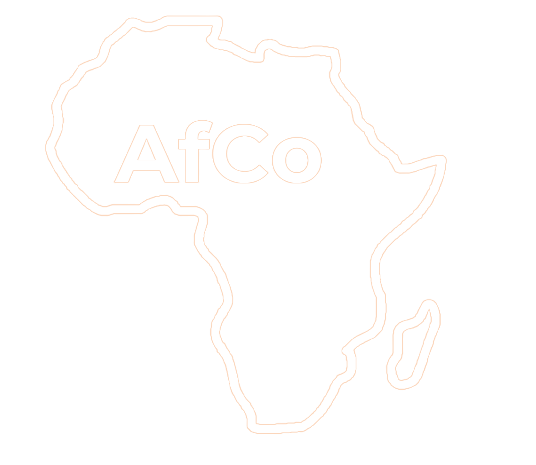South Sudan: The State and Traditional Nilotic Societies
Colonization and Sudan’s civil wars have had tragic consequences for the Sudanese. However, the conflicts have not completely destroyed the ancient social, political, and religious structures of two Nilotic peoples, the Dinka and Nuer. In their own way, rather than submitting to economic (labor, money) and legal changes (modern laws), the Nilotic peoples have “digested” change. Their lives continue to revolve around livestock. This article looks at livestock’s role in religion, conflict resolution, and social and matrimonial relationships. The latest “innovation” in conflict resolution seems to have abandoned the former system of mediation by “religious chiefs.” Guns have replaced spears and the blood spilled does not have the same value; it exonerates all responsibility and possibility of reconciliation. Previously, the central government combated clan-driven conflict, creating a feeling of national identity; now it is incapable of stopping intertribal conflicts between hundreds or even thousands of young warriors fighting each other for livestock. These young fighters display ancient, primordial motives, but lack the moderating influence of now-absent ancestral and religious structures.
Keywords
- Nuer
- Dinka
- livestock
- gun
- justice
- spear
- money
- marriage
- sacrifice
